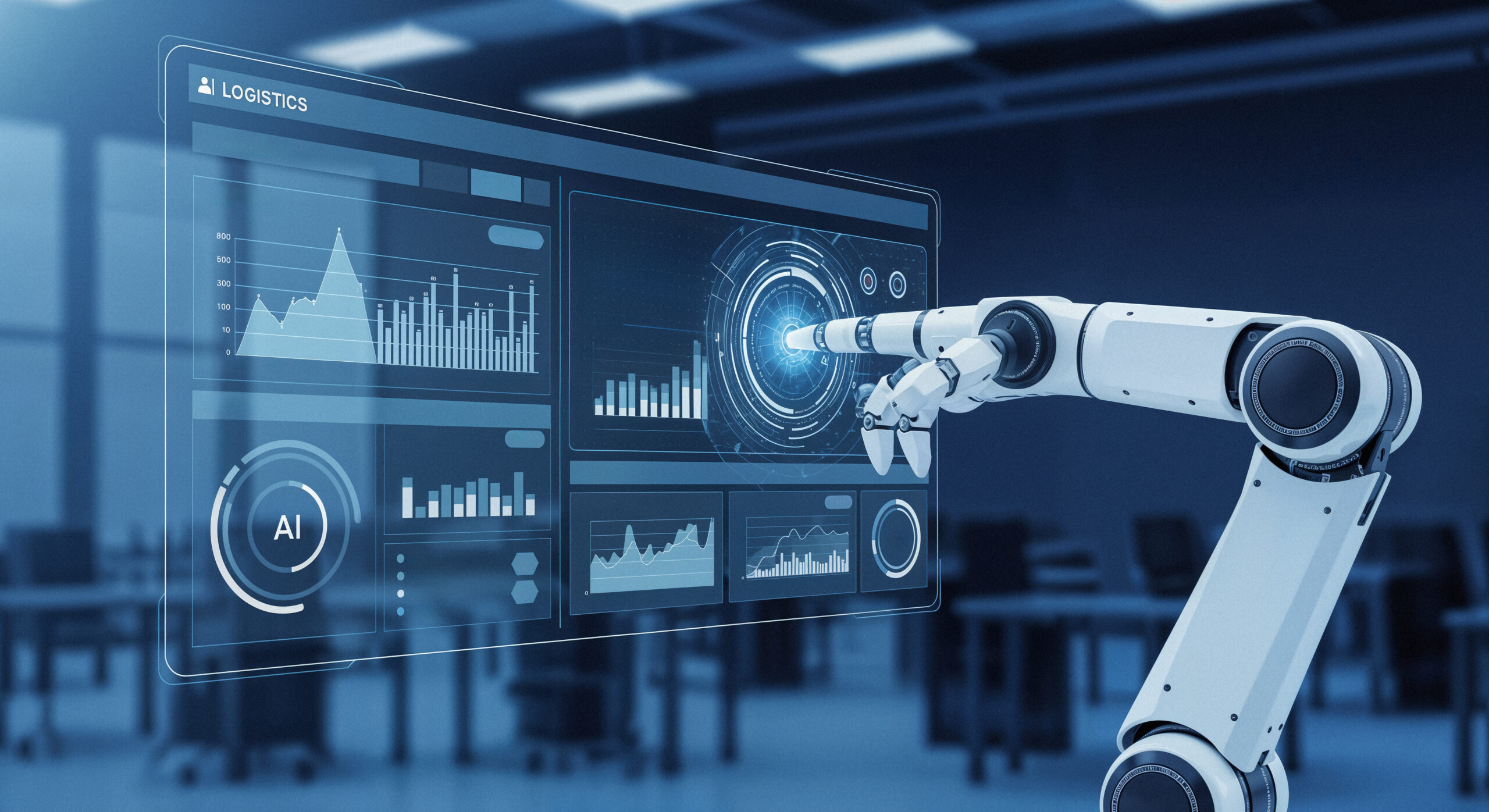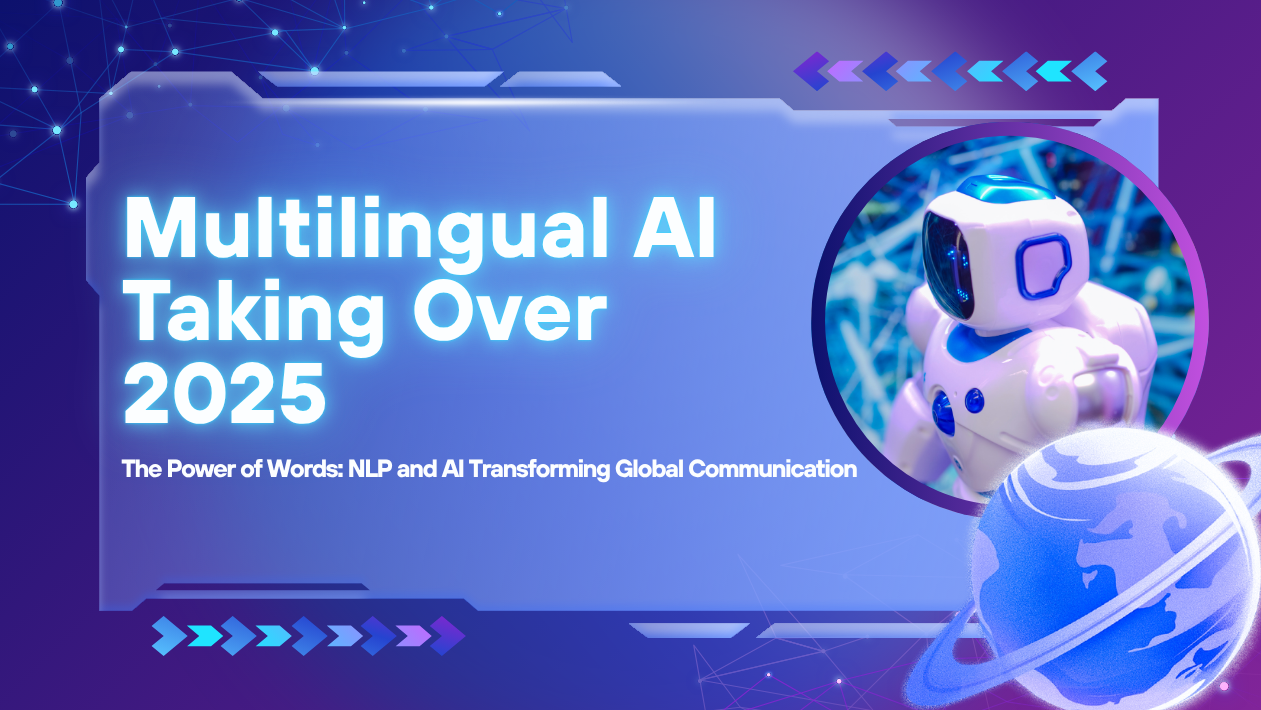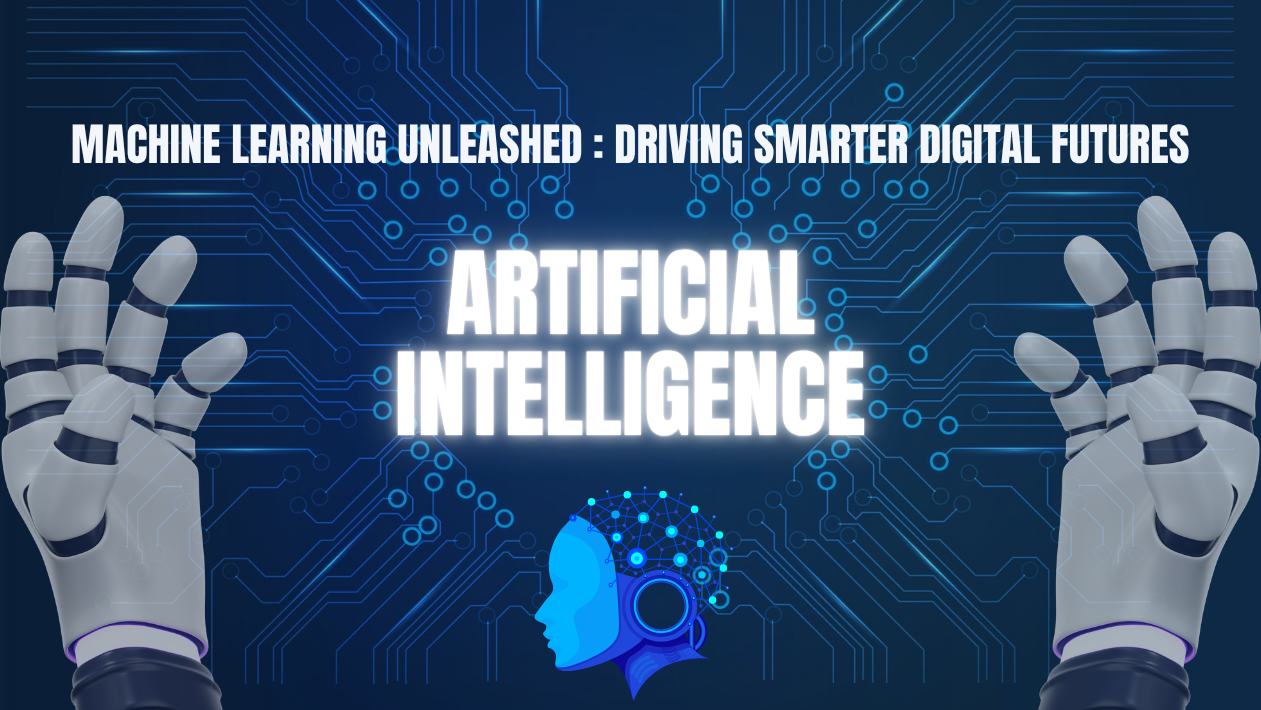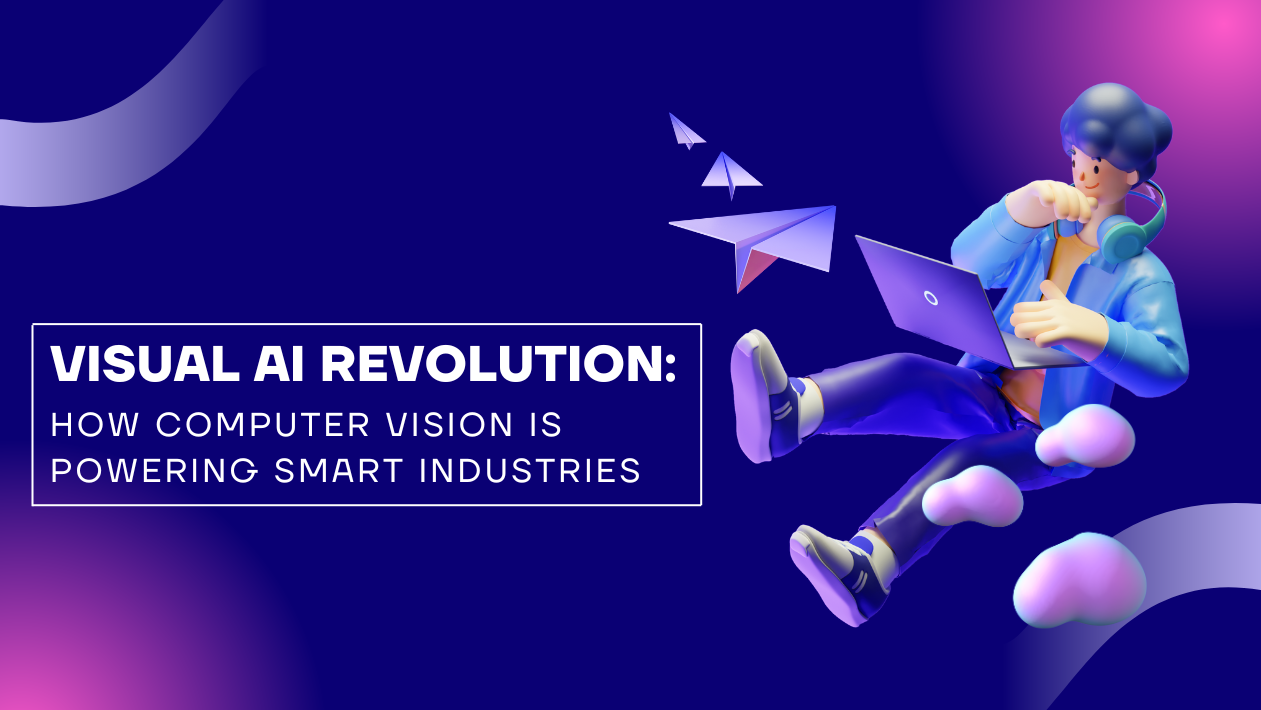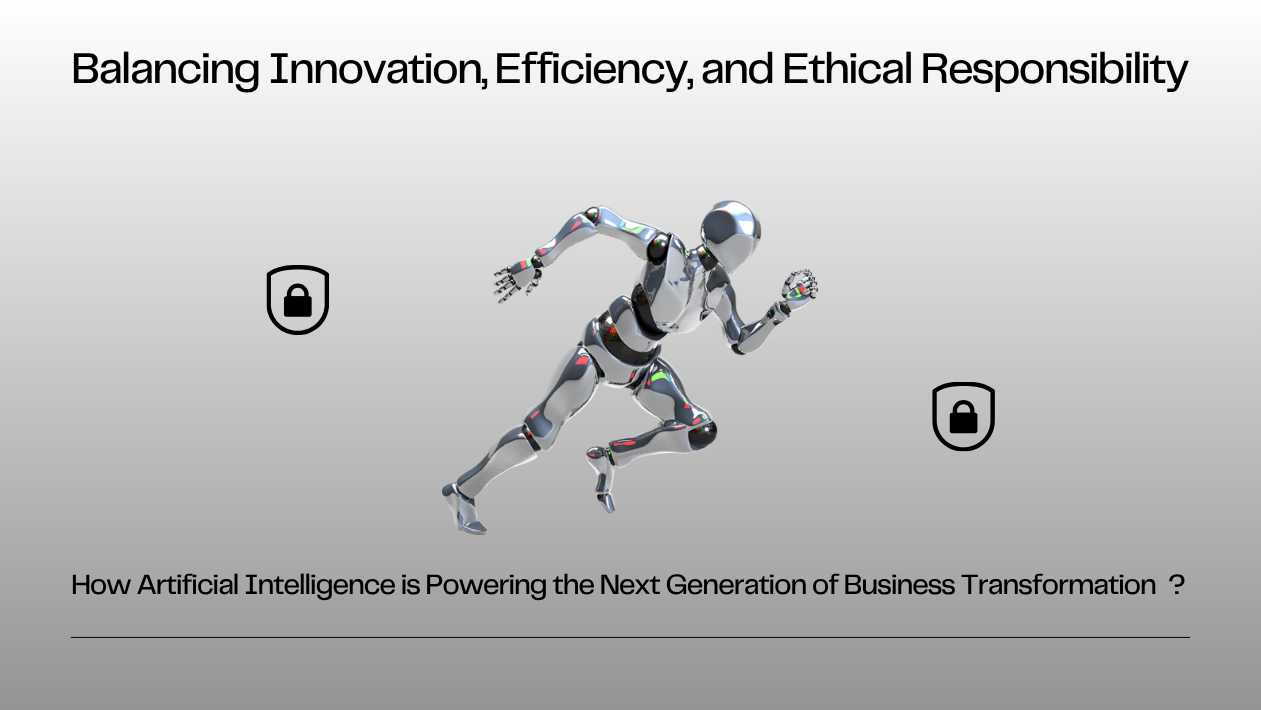Machine Learning (ML) has moved beyond experimentation to become a core driver of business operations, innovation, and automation across industries in 2025. From healthcare diagnostics to financial forecasting, machine learning models are delivering faster insights, more accurate predictions, and, increasingly, the ability to act autonomously within defined parameters.
ML Powers Hyper-Automation in Enterprises
Businesses are embedding ML into end-to-end workflows using platforms like Google Vertex AI, AWS SageMaker, and Azure ML. These models are not just identifying patterns but now triggering real-time actions, such as adjusting supply chain routes, optimizing energy use, or flagging fraud before it happens.
Generative ML Enhances Product Development and Creativity
Following the rise of generative AI, machine learning is being used to generate product designs, write code, and compose music. ML models trained on large datasets now assist creators by suggesting variations, simulating performance outcomes, and reducing development cycles across sectors like gaming, fashion, and industrial design.
Healthcare Sees Breakthroughs with ML Diagnostics
Machine learning is transforming diagnostics by analyzing medical imaging, genomics, and patient histories at unprecedented speed and accuracy. Tools powered by ML are being used to predict disease progression, recommend personalized treatments, and detect anomalies that even experienced specialists might miss.
Retail and E-Commerce Leverage Real-Time Personalization
In e-commerce, machine learning is behind dynamic pricing, product recommendations, and customer segmentation. Retailers are increasingly relying on ML to predict shopping behavior, reduce churn, and drive revenue through precision marketing.
AutoML and No-Code ML Empower Non-Experts
2025 has seen a rise in AutoML (automated machine learning) and no-code platforms that allow non-engineers to build and deploy ML models. Platforms like DataRobot, Obviously AI, and Teachable Machine democratize ML by allowing product managers, marketers, and analysts to integrate intelligence into apps with minimal coding.
Ethical ML and Model Transparency Gaining Focus
As machine learning continues to scale, ethical considerations around bias, explainability, and accountability are front and center. New frameworks and regulations in the EU, U.S., and APAC are requiring companies to disclose how ML models impact decisions—especially in hiring, lending, healthcare, and law enforcement.
What’s Next: Real-Time, Adaptive, and Federated Learning
The next frontier in ML is real-time learning—models that adapt continuously based on new data. Federated learning, where data never leaves the user’s device, is also growing fast—boosting privacy in sectors like healthcare and finance while enabling more personalized services.

